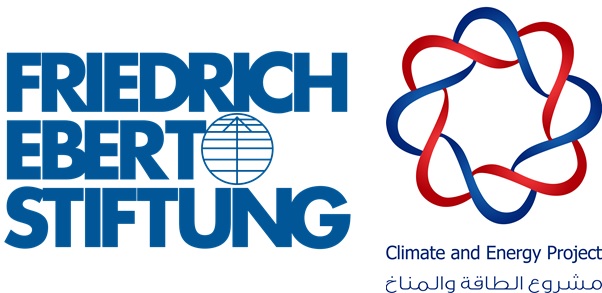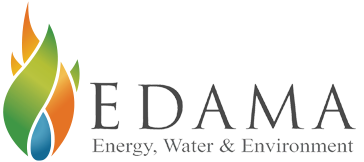Building Back Better Post COVID – 19 (BBBC)


Donor
Friedrich Ebert Stiftung
Partners
SolarPower Europe
Durations
4 Months
Budget
10,500 Euros
Status
Completed
Project Brief:
EDAMA in partnership with SolarPower Europe and Friedrich-Ebert-Stiftung, conducted a study to improve administrative procedures for small and medium solar projects also known as decentralized solar, this study was upon the request of H.E Hala Zawati minister of energy and mineral resources, seeking EDAMA’s help to include the private the sector in improving renewable energy procedures.
The study discusses the socio-economic benefits of decentralized solar in Jordan and its ability to accommodate different technologies that will bring many benefits to the consumers and grid operators.
The study reviewed the existing EMRC guidelines for installing renewable energy projects and collected feedback from the installation companies, donors and final consumers on the procedures carried out at the 3 electricity distribution companies, based on which a list of specific and general recommendations were formulated.
Main recommendations presented by this this study are 1. to implement A one-stop-shop online application system. 2. Be more transparent in application-related approvals, applying entities, granted capacities and open slots on the grid. 3. Simplify application procedures for systems that are less than 10KW and systems that doesn’t export energy to the grid. 4. Include all the procedures, entities and costs which an applicant is expected to go through within the EMRC guidelines. 5. Unify
the practical implementation and interpretation of legislative stipulations with clear and reasonable deadlines. 6. Coordinate with relevant entities and reduction of the amount of permits needed.
A launching event was orgnised is to get additional feedback from participants and electricity distribution companies, and open discussion on most important steps to improve administrative procedures for decentralized solar systems and shed light on the importance of decentralized solar and the recommendations that the study presented.
Scope:
Institutional Capacity Assessment: utilizing USAID CIS’s Institutional Capacity Assessment
Upgrading accounting system
Good Governance: this includes receiving one‐on‐one workshops, mentoring, adoption of
code of ethics, and developing the improvement plan
Introduction to Advocacy: a 3‐day joint training (all SEF organizations in one training) on advocacy
with the essential knowledge and practical skills to design effective advocacy campaigns.
Received training on M&E foundations and mentoring on developing an organizational level
results framework
Training on Qualitative Research Methodologies
Drafting of financial policies and procedures for the organization, as well as human resources policies and procedures with the USAID CIS technical specialists.


